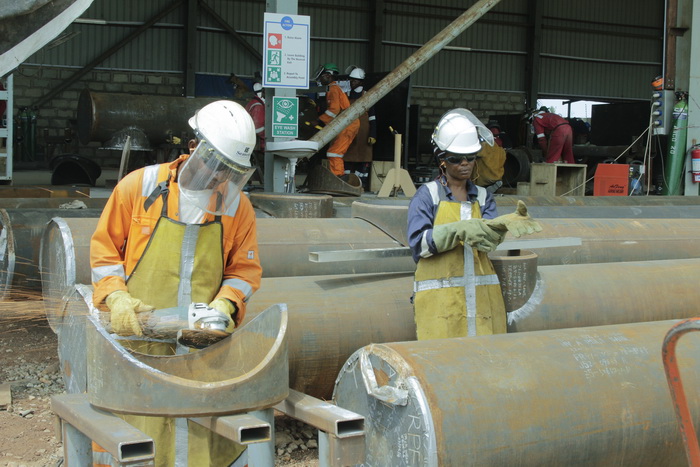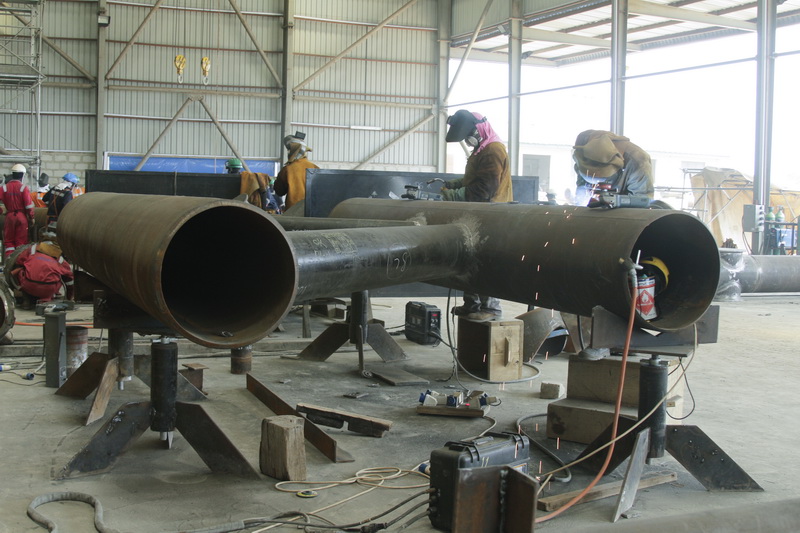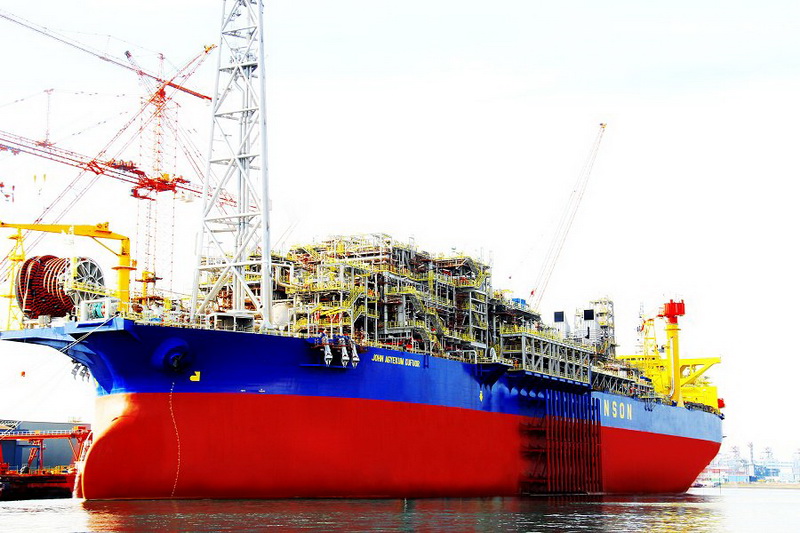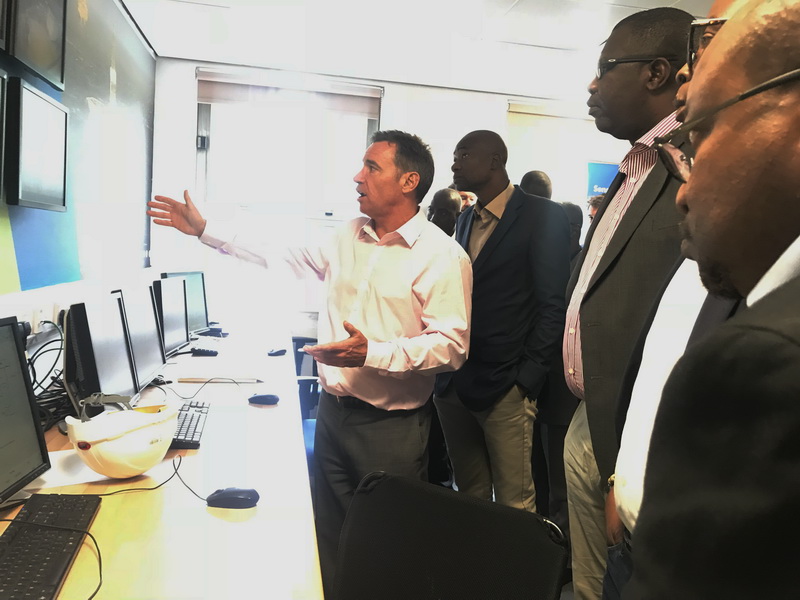
Ghana’s skills development approach – tapping from experience – laudable
Scottish corporate and training institutions have lauded Ghana’s approach of building a human resource base skilled in subsea technologies and engineering by tapping into the rich experiences of countries that have traveled the slippery path of oil production.
They believe the move will position the country strongly and help actualise her dream of becoming a petroleum hub in West Africa.
Advertisement
Imperative for skills development
During the just ended Oil and Gas Trade Mission to Aberdeen, Scotland, it became abundantly clear that a most prudent way to rake-in more benefits in the highly capitalised and skills intensive industry was through skills development.
As the Scottish Oil and Gas Vision publication predicts, even the North Sea industry need to recruit and train 120,000 new staff in the next 10 years to boost its economic recovery.
The number is expected to fill the gap of workers retiring from the North Sea industry where about 70 per cent of companies were struggling to recruit required quality candidates for the jobs.
It said sustainable skills development is key to the indigenization drive of oil rich regions and that Ghana is on the right path to not only fill the gaps but also create wealth through skills.

Trainable youths
The Chief Executive Officer of the Petroleum Commission, Mr. Egbert Faibille Jnr., told the players Ghana is committed to capacity building of its indigenous corporate and trainable youths/graduates to ensure full representation of the country within the oil and gas space.
He said “We at the PC are in a hurry to develop the corresponding skills to take positions but I must say we are not in a hurry to make mistakes but to get it right.”
He said from the ministry’s perspective “We are very conscious the broad scope of the task ahead in bridging the gap. We as a commission are working towards ensuring that these challenges are surmounted as we have been tasked by government to drive and manage the accelerated oil and gas capacity programme.”
“When we have contracts signed and drill ships are contracted for upstream operations offshore rich coasts of Ghana, instantly, it is a moment of joy for us. This joy is short-lived however, as it switches to a moment of pain owing to the fact that we will receive applications of foreign hands to come and work – even in very low positions on the platforms,” he said.
Global stage & local skills-bank
He said it is painful to sign on foreign skills that should have been sourced locally. “We agree that oil and gas space is a global stage but at least we should have some high individual and corporate skills as well as capacities to represent.”
The growth of the industry in Ghana, he said, should have a correspondent skills bank to ensure that before hiring, companies have to first look within country.
In building local capacity and creating jobs, the CEO said there is a strong correlation between changes in crude oil prices and spending in the upstream industry.
He explained that crude oil prices play a significant role in any project’s potential rate of return; as many international oil companies are looking for ways to cut down budgets or renegotiate existing contracts.

Reduce expenditure
In looking for ways to reduce expenditure, high consideration should be given to reduction in the number of expatriate staff who are highly expensive to maintain.
In doing so, companies should hire competent Ghanaians, either resident in Ghana or in the diaspora but are willing to relocate to the country.
“The only foreign workforce brought in from outside must be those people whose skills are clearly lacking in the country, and even in such cases, efforts should be made to develop the said skills locally and we will seek the needed partnership to develop them,” he said.
The Commission insists on operationalising Regulation 17(5) of LI 2204 which provides that “Where Ghanaians are not employed because of lack of expertise, the contractor, subcontractor, licensee or other allied entity shall ensure to the satisfaction of the Commission that every reasonable effort is made to provide training to Ghanaians in that field locally or elsewhere.”
At a recent local content forum in Sekondi/Takoradi, the CEO stressed the need for international oil companies (IOCs) to institute business incubation and other support programmes aimed at strengthening the local enterprises to become competitive.
Those, he said, can be achieved when stakeholders collectively develop “what I would call the ‘Do it in-country’ and ‘doing it with locals’ mindset to invariably reduce our project costs and ensure market reliability.”

ASET ready to partner
At an engaging session with ASET International Oil and Gas Training Academy in Aberdeen, the Chief Executive and Executive Director, Ing. Atholl S. Menzies, expressed its readiness to offer any assistance in training and apprenticeships.
He said training in technology in offshore oil and gas production is a highly specialized field of application with particular demands on engineering and simulation.
As the search for the hydrocarbons increases, geographical locations of oil resources shift into deep water systems requiring constant training and improvement in technology to get it right.
ASET he said, is specialized in the provision of education and training for the oil and gas industry such as in process, maintenance, engineering, hazardous areas, emergency response as well as marine health and safety.
He said ASET is duly accredited and has global recognition as a centre of excellence providing training in several competencies based and standardized programmes.




